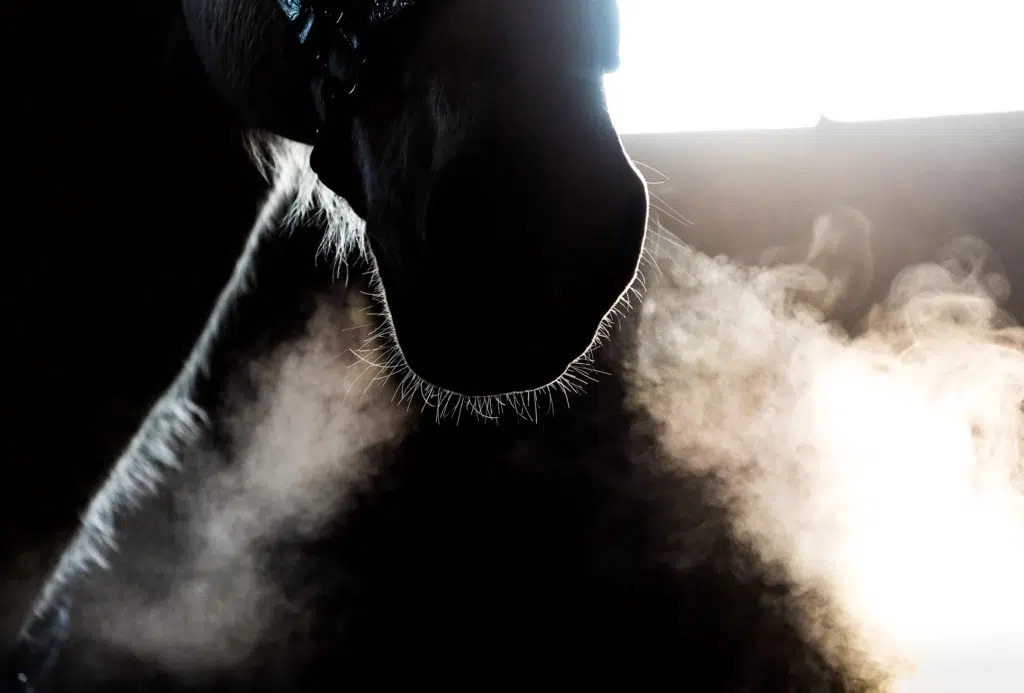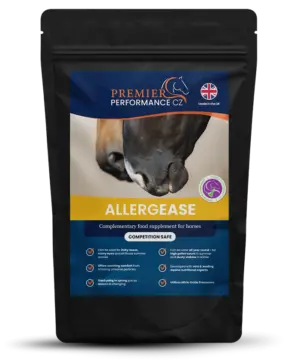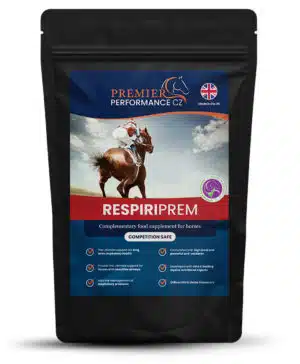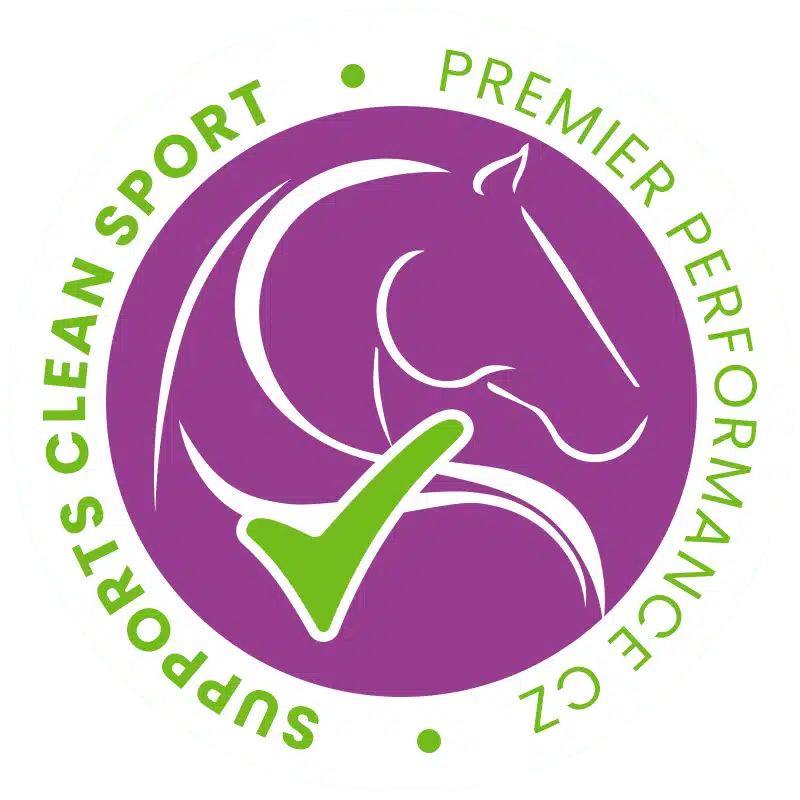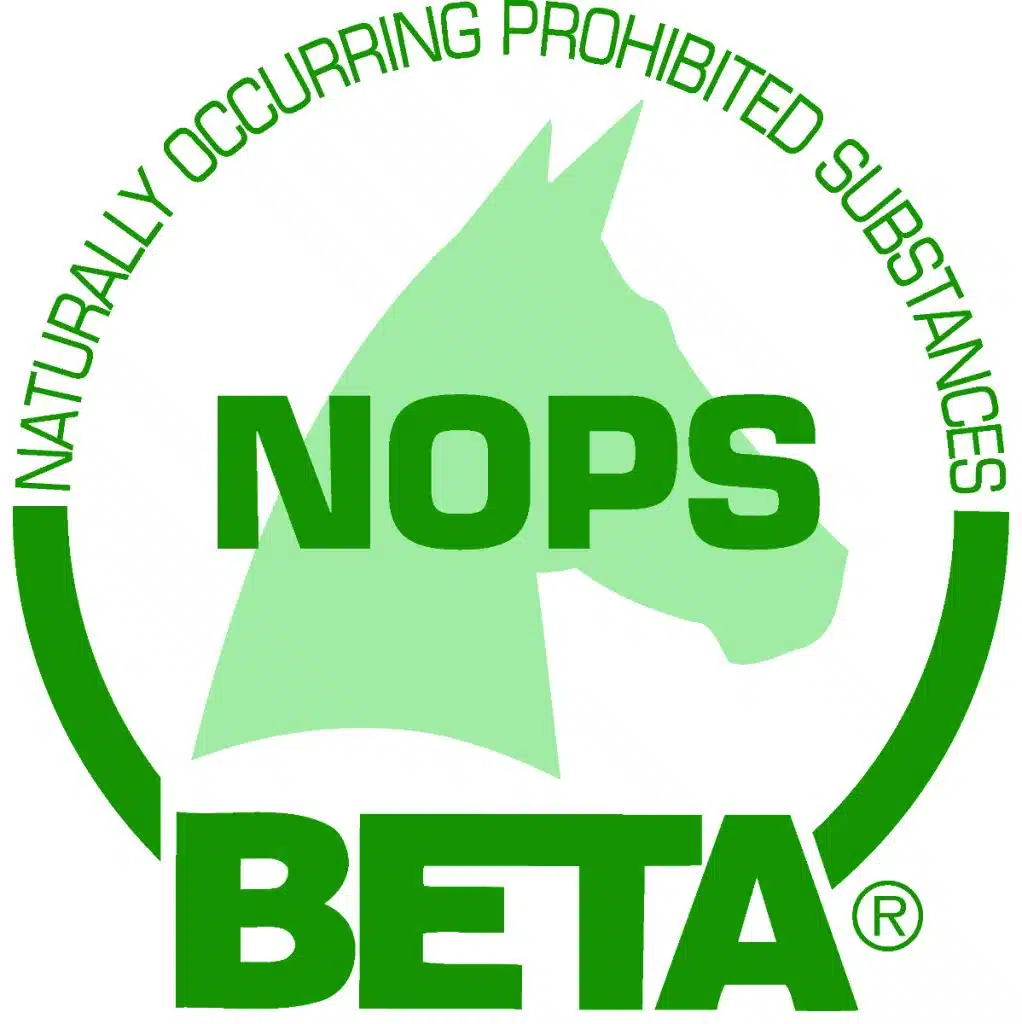Respiratory Health & Performance
With horses being performance animals, whether it be for athletic or leisure work, maintaining respiratory health is crucial. Over the years many scientific studies have tried to determine the links between respiratory disease and performance. These studies have often been in Thoroughbred racehorses, given the levels of athletic performance that they achieve and the financial impacts of performance. In fact, some studies have gone on to report that in young Thoroughbred racehorses respiratory disease can be the most common medical condition that affects them, and overall it appears that respiratory disease in performance horses such as Thoroughbreds, Standardbreds and Quarterhorses is more common than originally thought. It is often difficult to observe clear links between specific diseases and performance, but it does appear as if diseases such as Exercise-Induced Pulmonary Haemorrhage (EIPH) does increase the likelihood of inferior performance possibly leading to a shortened career, with negative impacts on placings and indeed earnings where these are applicable. Although much of our collective knowledge comes from research studies, and related experiences of working with Thoroughbred racehorses, it is important to recognise that respiratory disease can have negative effects on any breed/type of horse in work.
Respiratory Disease
Respiratory diseases in horses are very common and can have a variety of causes, often grouped as infectious (e.g. bacterial and viral infections; such as Strangles) and non-infectious (e.g. hypersensitivity to allergens/inflammatory airway disease; such as Equine Asthma). There are some others that don’t quite fit within the groupings such as EIPH. In recent years our knowledge of how some of these non-infectious respiratory diseases affect the horse during exercise has really improved through the use of dynamic endoscopy. Dynamic endoscopy essentially uses a ‘scope’ that remains present within the horse during ridden exercise, resulting on vets being able to view ‘dynamic’ real-time videos of the horse’s respiratory tract when it is exercising intensely. This has been incredibly valuable and lets us understand more about what is going on in the lungs. There are various signs to look out for that may indicate your horse has some sort of respiratory disease. These can include, but are not limited to, signs such as coughing, a persistent runny nose, a higher breathing rate (than you would expect), an increased temperature, a slower recovery time following exercise, frequent swallowing during exercise, and blood at the nostrils (sometimes called epistaxis) during or after exercise. Obviously, some horses may only have one or two symptoms, while others may have several symptoms, which can vary due to the underlying cause.
Management
How we manage our horses can impact on their respiratory health. Horses that live predominantly outdoors generally have healthier airways and a lower incidence of respiratory disease. However, the stable environment is full of tiny particles that can infiltrate the respiratory tract, including ammonia from urine, dust, bacteria and mould from forage and bedding, dust and hair from horses’ coats, and dust from indoor arenas. The particles that can cause allergenic respiratory problems are very small (<5µm) and can penetrate deep into the lungs.
For horses that are stabled it’s important that there is good ventilation. A good ventilation system should replace stale air with fresh air and ensure that fresh air is evenly distributed throughout the stable. The air in horse stables and surrounding areas contains a multitude of particles that are potential airway allergens and irritants. Many of those originate from feed, bedding, manure, and microbial growth (bacteria and fungi) on stable walls and can be found in high amounts in the air. Therefore, good ventilation is extremely important. During the winter months each horse needs 42.5 m3 of air per hour, which increases significantly to 595 m3 of air per hour in summer. Air movement is essential and air changes should be a minimum of 0.04 m3 per hour.
The type of bedding used in the stable can also impact on your horse’s respiratory health; for example, straw bedding is economical and provides insulation and cushioning in the stable; however, straw does not absorb urine and ammonia well and produces high levels of dust and other particles. Studies have shown that straw produced higher fungal and bacterial contamination as well as higher air contamination compared to wood shavings.
The type of forages provided can also impact on your horse’s respiratory health. If the forage is dusty then when your horse nuzzles through it and/or pulls it form a hay net the particles become airborne and are inhaled. For any horse, and in particular a performance horse, healthy lungs are paramount. Therefore, a key part of maintaining healthy lungs is to use low-dust bedding and forage so that the dust in the stable is kept to a minimum.
Hay can contain high levels of dust, which may cause respiratory ill-health in horses particularly if coupled with a dusty bedding and a poorly ventilated stable environment. Soaking hay can significantly reduce the dust particles in hay. Soaking to reduce the dust content is recommended, with at least 10 mins for the forage being fully submerged in water. Soaking for longer than this can result in significant losses of nutrients from the hay (particularly soluble carbohydrates), which is why soaking hay may be advised for horses that are overweight, have insulin resistance/dysregulation, and are prone to laminitis. However, studies have shown that soaked hay has a higher level of bacterial contamination, which can impact on your horse’s health. Therefore, steaming hay is considered to be the best way of reducing the dust content and minimising bacterial contamination, with studies reporting soaking to increase the bacteria content of hay by 5 times whereas steaming reduced the bacteria by 99 percent.
Whilst it is generally considered that haylage is dust-free and certainly much lower in dust than hay, it can still contain appreciable levels of dust. Haylage can also contain high levels of pollen and fungi, and studies have shown that horses with asthma are allergic to a range of pollen, fungi and bacteria. Steaming can improve the hygienic quality of the haylage by reducing the bacterial and fungal content, which includes those undesirable bacteria that can cause ill- health, such as Clostridium botulinum, the organism that can cause botulism. Whilst we generally think of forages containing respiratory irritants, pasture can also contain respiratory allergens, and this can be particularly problematic during the summer months when grass moulds and pollens are typically higher.
Feeding omega 3 fatty acids, in particular docosahexaenoic acid (DHA) has been shown to support a healthy respiratory system and appears to be of benefit to some horses affected by asthma. Menthol and eucalyptus can help maintain open, relaxed airways and cider vinegar and honey may also support a horse with a cough. Antioxidants also provide support for the respiratory system and vitamin C has also been shown to support healthy lung function. Echinacea has also been seen to positively impact on immune function in horses and as such can be beneficial in supporting horses with allergies, which can be particularly helpful for horses a pollen allergy.
Article written for Premier Performance. by Professor Jo-Anne Murray – PhD, MSc, PgDip, PgCert, BSc (Hons), RNutr, FAfN, PFHEA, FRSB
